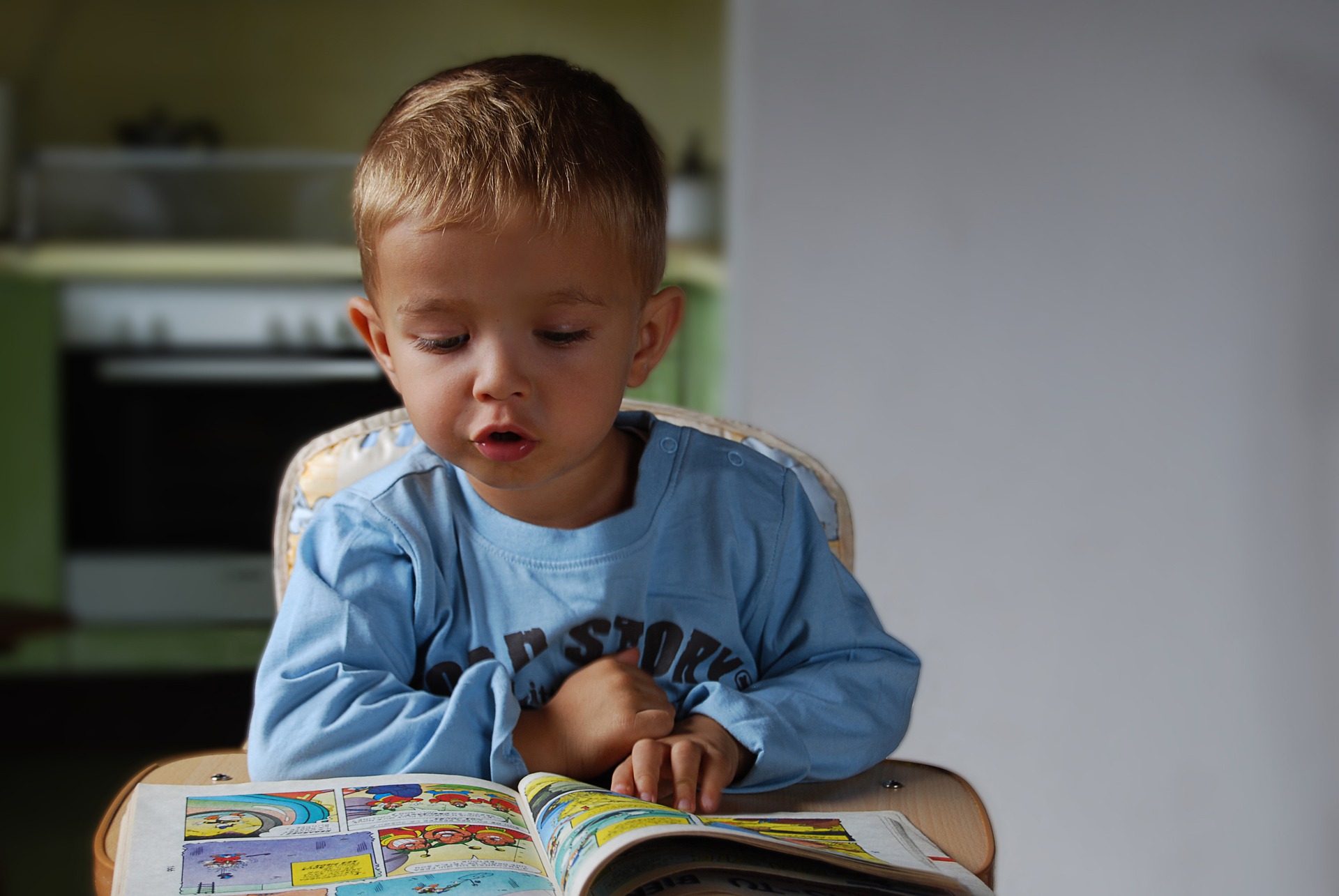Korean Education Fever Posted by Flying Oyster on Jan 27, 2021 in Culture, Vocabulary
When I was in teenager, there was a popular movie called 행복은 성적순이 아니잖아요. (Happiness Does Not Come In Grades). I bet that most Korean teenagers knew about this movie. I was, of course, one of them. I remember I sobbed like a baby at the end of the movie because it was a sad story. However, I knew that the movie poignantly reflected the reality of 교육열 (gyeo-yook-yeol: high education fever) in Korea.
How far will Korean parents and children go for their education?
Without exception, most parents want for the best for their children. Korean parents are the same. Some might say that they are probably the most passionate (or obsessed) people, who want the best for their children, particularly in terms of acquiring a higher education. Taking a look at some common examples in Korea might help you to understand the intensity of higher education fever. Korean parents wouldn’t mind moving to the farthest neighborhood in order to send their kids to the best 학군 (hak-goon: school district). They would not mind working double shifts to pay for a 사교육 (sah-gyeo-yook: private education). You are still not convinced yet?
기러기 아빠 (ki-ro-gi-ah-ppa: a goose father) is a newly coined word. It means a father who usually lives alone, while his wife and kids live abroad to attend school. 기러기 아빠 pays for everything for them. Thus, he is often depicted as a lonely man who only lives to work day and night. It is not unreasonable to say that Korean parents’ lives are centered around their children.
Most Korean students have at least a couple of afterschool activities such as going to a 학원 (hak-won: a private institute) or taking 과외 (gwah-weh: private tutoring) at home. There are all kinds of 학원 in Korea. At 학원, they teach 영어 (young-uh: English), 국어 (gook-uh: Korean), 수학 (soo-hak: Mathematics), 미술 (mi-sool: Art), 과학 (gwah-hak: Science), 체육 (chea-yook: Physical Education), 태권도 (Tae-Kwon-Do), 피아노 (Piano), and much more. Korean children are often deprived of opportunities to seek their own personal 적성 (jeok-seung: aptitude), because they are busy attending afterschool activities.
Some would take this experience further. 조기교육 (jo-gi-gyeo-yook: Early education) for infants or 영재교육 (young-jae-gyeo-yook: gifted education) are not uncommon for those who seek more than the norm. Or some Korean kids might be sent abroad by their parents to attend school. Korean parents, who can afford it, would not mind spending zillions of money for 유학 (yoo-hak: studying overseas) for several years.
This might make you question the quality of 공교육 (gong-gyeo-yook: public education) in Korea. In spite of the fact that South Korea has the top quality school system in the world, [https://wenr.wes.org/2018/10/education-in-south-korea ] 사교육열 (sah-gyeo-yook-yeol: private education fever) is unbelievably high.
Why does Korea have higher education fever ?
개천에서 용난다 (gae-chun-eh-suh-yong-nan-dah: a successful person rarely rises up from a humble family.) is an old Korean adage. It basically means that only the most exceptionally gifted can rise above a disadvantaged beginning. It is a paradox, but many believe that you can substitute a higher education for exceptional gifts.
Another common belief among Koreans is that education was the biggest 원동력 (won-dong-ryeok: driving force) for Koreans to be able to get out of economic hardship after the Korean War. After the War, Korean society slowly became vertically solidified by socioeconomic status. This made it difficult for ordinary people to move up on a social hierarchy ladder without a quality education.
I am proud that former President Obama previously praised the education system in South Korea. I am not arguing whether Korean education system is wrong or not. I believe that I became a decent contributor to the society as a beneficiary of the Korean educational system. I only hope that more Korean children, including my loving niece, could have more freedom to follow their own dreams when they are younger, instead of being bashed by 사교육 fever.

Build vocabulary, practice pronunciation, and more with Transparent Language Online. Available anytime, anywhere, on any device.







